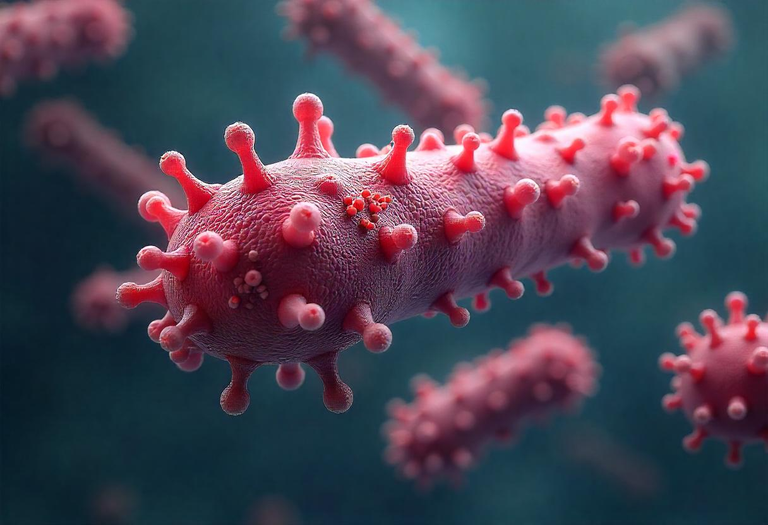New species of bacteria discovered on the Chinese space station

A previously unknown bacteria found hundreds of kilometers from Earth may be about to change everything we know about life, medicine, agriculture and sustainability, it was discovered not in a traditional laboratory but floating silently aboard the Tiangong space station in China.
This bacteria not only survives in one of the most hostile environments that exists, it appears to have evolved to resist radiation damage and transform waste into useful resources. The new strain was named Nialia Changong Genesis in honor of the Tiangong station itself and is a variant of a bacteria already known here on Earth. It was collected during the Shenzo 15 mission in May 2023, when astronauts spent 6 months aboard the Chinese space station.
During this period, the crew carried out a thorough collection of microorganisms with sterilized wipes, analyzing the internal surfaces of the station. These samples were stored, brought back to Earth and studied by scientists from the Beijing Institute of Space Systems Engineering.
An organism with unique resistance properties especially against the effects of cosmic radiation and oxidative stress, factors that can deeply damage DNA and other cellular structures, this bacteria presents extremely efficient cellular repair mechanisms. Instead of collapsing in the face of space radiation, it seems to use it as a stimulus to reinforce its internal defenses.
Scientists discovered that it activates specific genes to combat cellular stress, while at the same time managing to decompose organic compounds, even under microgravity, these abilities not only guarantee its survival, but also open space for new uses in extreme environments both outside and inside our planet and this is where the discovery becomes even more interesting.
Researchers believe that this strain can be used to transform organic waste into useful resources such as nutrients or biofuels, think about this, in a long-duration space mission, where every gram of material counts, a microorganism that converts waste into sumos can be the key to self-sustaining missions, on Earth those same properties can help in regenerative agriculture, in microbial control in closed environments or even in the development of medicines capable of protecting human cells against oxidative damage, but of course with every bacterial discovery comes an enormous responsibility.
Resistant microorganisms are always observed with redoubled attention, because their resilience can be an advantage or a risk depending on how it evolves. The good news is that the bacteria were isolated and studied in controlled environments and are already being used as a basis for future research involving spatial microbiomes and genetic interventions.
Congratulations @sekube! You have completed the following achievement on the Hive blockchain And have been rewarded with New badge(s)
Your next target is to reach 50 upvotes.
You can view your badges on your board and compare yourself to others in the Ranking
If you no longer want to receive notifications, reply to this comment with the word
STOPCheck out our last posts: